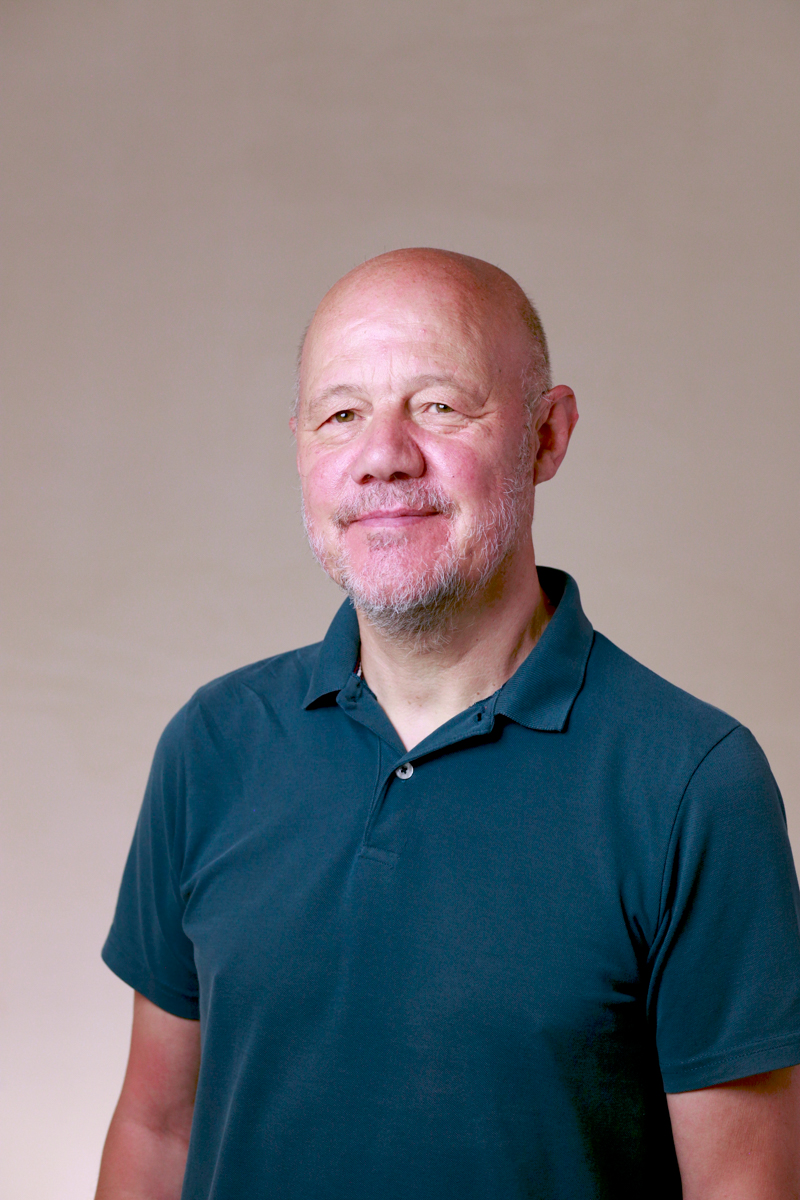Sede ufficiale: LARGO BRUNO PONTECORVO, 3, 56127 PISA
Email: patrizio.frosini@unipi.it

Studiare all’Unipi: corsi, iscrizioni e servizi per ogni fase del percorso accademico, dall’orientamento alle opportunità postlaurea
Servizi e opportunità per accompagnare chi studia a Pisa nel percorso universitario, in un campus integrato nella città
Con la nostra ricerca, espandiamo la frontiera della conoscenza e prepariamo persone pronte a contribuire al futuro della società
Valorizziamo la conoscenza in un rapporto aperto con le imprese e la società per la crescita culturale, sociale ed economica del Paese
Promuoviamo la diffusione del sapere e sosteniamo le trasformazioni sociali, partecipando al progresso della comunità e del territorio
L’identità di Unipi: la sua storia, i valori che la guidano e la visione del futuro, tra tradizione, innovazione e impegno per la comunità
Sede ufficiale: LARGO BRUNO PONTECORVO, 3, 56127 PISA
Email: patrizio.frosini@unipi.it

Struttura: Dipartimento di Informatica
Settore scientifico-disciplinare: Geometria MATH-02/B
Modalità: Si prega di confermare via email l'intenzione di partecipare al ricevimento. Please confirm your intention to attend the reception by email.
Luogo: Dipartimento di Informatica. Department of Computer Science.
Orario: Il ricevimento si tiene ogni mercoledì dalle 11:30 alle 13:00. The office hour is held every Wednesday from 11:30 to 13:00.
La mia ricerca si concentra principalmente sulle proprietà topologiche e geometriche delle varietà e degli spazi topologici dotati di funzioni filtranti a valori in Rn, in particolare in presenza di gruppi di simmetria. All'inizio degli anni '90 ho introdotto e iniziato a studiare i primi elementi teorici dell’analisi topologica dei dati (topological data analysis) e dell’omologia persistente, come riconosciuto nella plenaria di Herbert Edelsbrunner all'European Congress of Mathematics del 2012. Per ulteriori informazioni sui miei contributi matematici in questo ambito, è possibile consultare la pagina online Topological data analysis - Wikipedia. Attualmente, Scopus riporta oltre 5.000 documenti con il termine “topological data analysis” e più di 6.000 con “persistent homology”.
Per quanto riguarda la topologia persistente, sono particolarmente interessato all’estensione della teoria in presenza di un sottogruppo G del gruppo topologico di tutti gli omeomorfismi dello spazio considerato, e allo studio della pseudo-distanza naturale associata a G, sia per funzioni a valori reali che vettoriali. Ho introdotto e iniziato a sviluppare la teoria topologica degli spazi di operatori non espansivi G-equivarianti (GENEOs) rispetto a gruppi di omeomorfismi, nonché la loro applicazione all’analisi topologica dei dati, al machine learning e all’intelligenza artificiale (https://www.nature.com/articles/s42256-019-0087-3). Insieme a diversi collaboratori, sto attualmente estendendo il framework GENEO ai grafi (https://www.nature.com/articles/s41598-025-90152-7) e collaborando con vari gruppi di ricerca, una grande azienda farmaceutica e una multinazionale delle telecomunicazioni mobili per l’applicazione della teoria dei GENEOs al deep learning e ad aree correlate.
